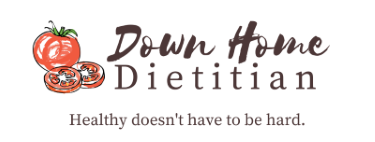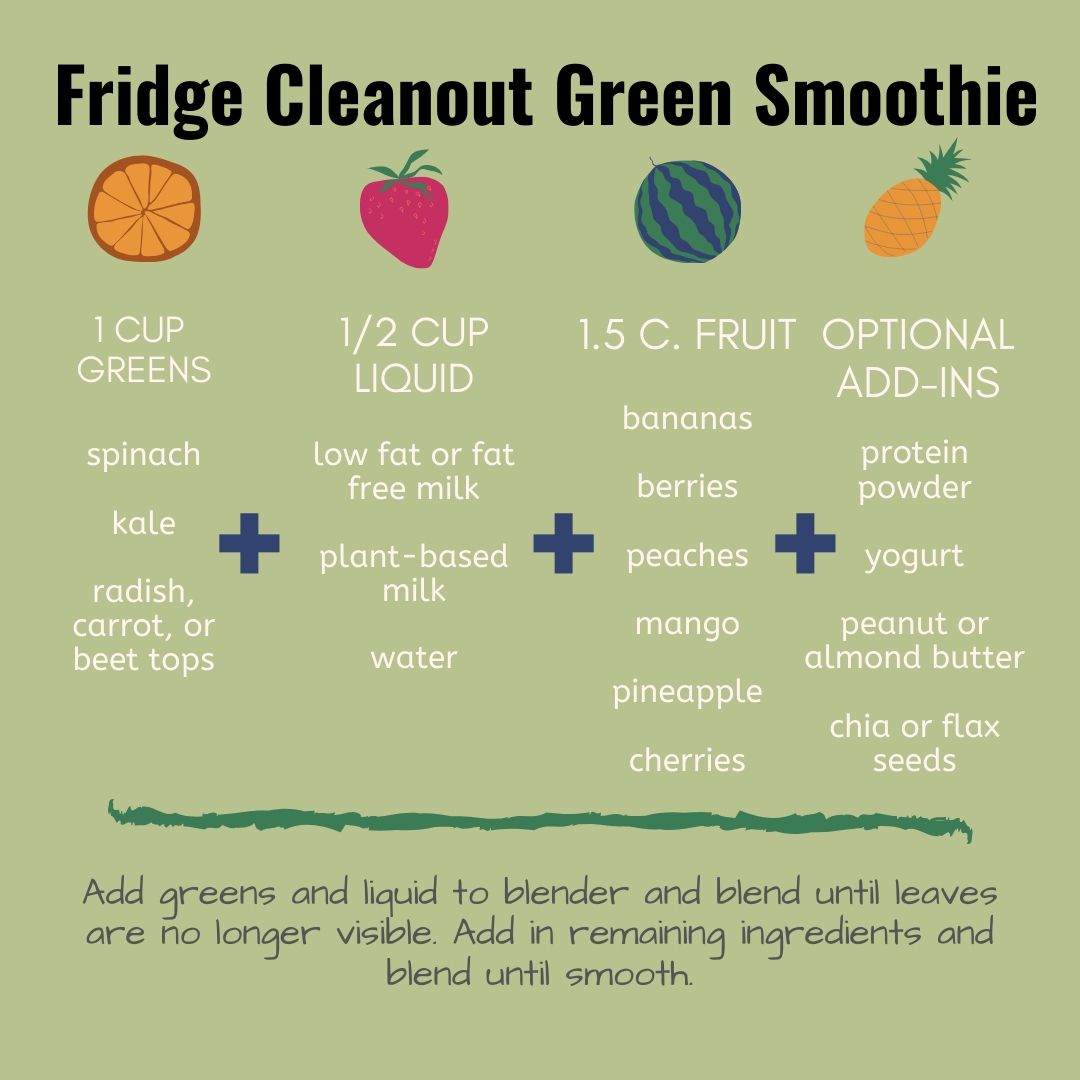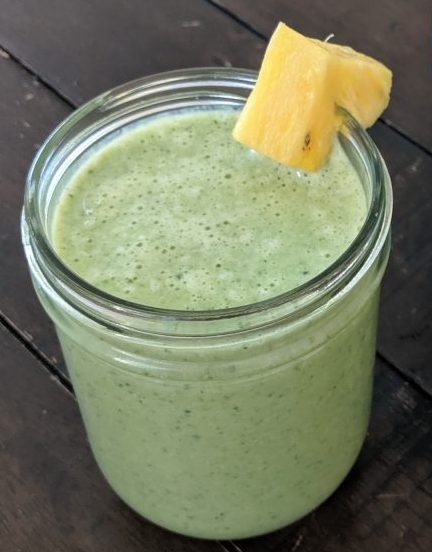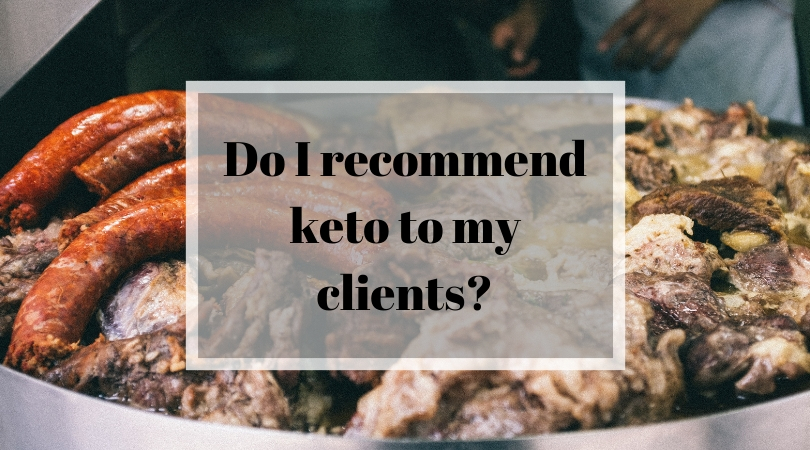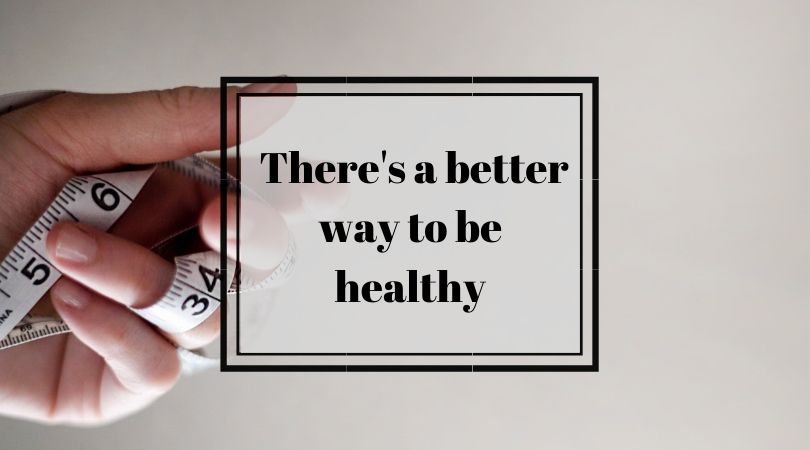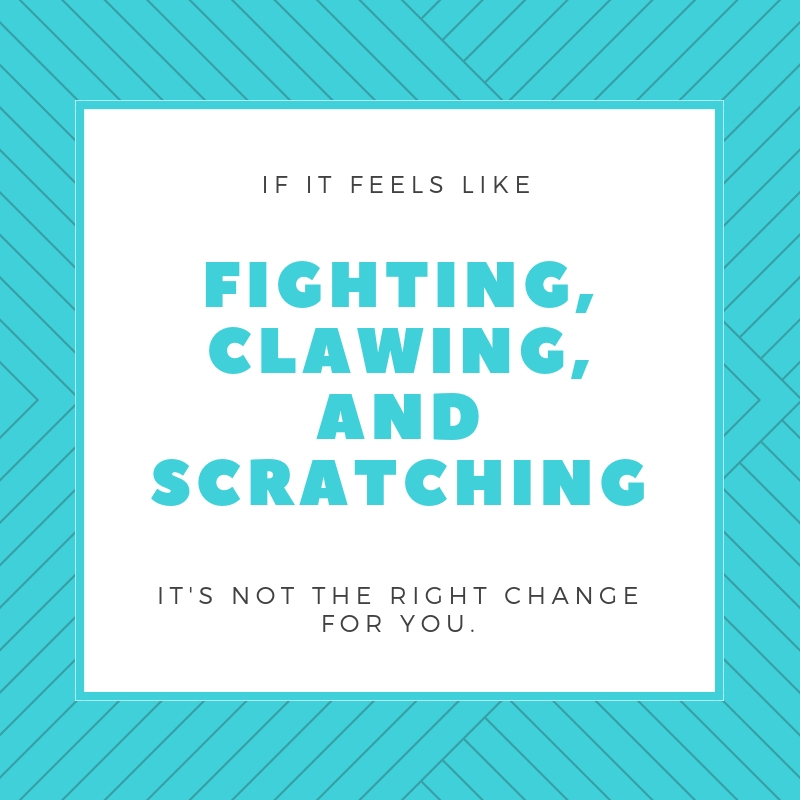One of our greatest frustrations with healthy living is dealing with the normal obstacles of life – the things that can stand in the way of our best-laid plans. My clients are often eager and ready to come up with their “plan A.” The “if everything works as it should” plan. The “this is how I really want things to go” plan. I also encourage them to come up with contingency plans. What if everything doesn’t work as it should? What if things don’t go how you really wish they would?
Having a contingency plan helps prevent the all-or-nothing feelings that can come into play when we don’t seem to be able to make plan A work. If plan A is all we have in our healthy tool belt, then we end up defeated when it won’t work for one reason or another. Your plan failed…guess you can’t be healthy today.
Not so!
Life is often not going to work out the way you hope, so be prepared! Have a plan for when the plan doesn’t work. It’s not defeatist – it’s realistic. Have a contingency plan. This is how I usually describe them:
Plan A: This is your best-case scenario. It is the plan that is designed to help you meet your health goals and fit into your (and your family’s) lifestyle at least half the time. If you make a plan A that rarely ends up ever working, it’s probably not the right plan A for you. Remember that it’s okay to try changes out before committing to them (in fact you should!) and it’s okay if a change doesn’t work for you. Keep looking for your best fit!
Plan B: This is your “oh shoot, I didn’t have time for plan A” or “we can’t afford plan A right now” or ______insert reason plan A doesn’t work this time_____. This is not as ideal of an outcome as plan A, but still keeps you on track with a decent second-best. Ask yourself what might stand in the way of your plan A, and consider how you might adjust. Plan B options sometimes require a little bit of advance preparation, but then they have your back when needed.
Plan C: This is your hail Mary. The “well…nothing went the way I planned so we will do the best we can with what we have today.” Sometimes you actually have a third-best option, and sometimes your plan C is just to let it go and try again tomorrow. Either way, make it an intentional choice, not an automatic response to a plan A roadblock. Plan to take a day off if plans A and B fall through, and don’t feel bad if they did. This mentally helps us stay away from thought patterns like “well, I didn’t complete plan A today, so I guess I’m not being healthy anymore.” It sounds dramatic when you say it out loud, but it’s the way a lot of our brains think. I can’t tell you how many stories I’ve heard from clients about healthy changes they did great with…until that one day, then they gave up since they had “broken their streak.”
Here are some examples of contingency plans my clients have made:
Cooking at home
Plan A (best-case-scenario, works at least half the time): Make a meal plan each week and cook at least 5 dinners at home.
Plan B (second-best option, has your back with a little advance preparation): This client felt her most likely roadblock would be not having time to make the dinner on her meal plan, so her plan B was to buy pre-cooked salmon fillets and a vegetable/red potato medley to keep in the freezer so she could always have a microwave back-up option if she got stuck in traffic on the way home from work.
Plan C (do the best you can with what you’ve got, no preparation required): If she comes home late and her kids have a nighttime activity, she usually needs to bring something home or take the kids out on the way. We selected 3 different restaurants that her kids would like and where everyone could customize their own healthful option.
Strength Training
Plan A: Go to the gym before work to strength train three times per week.
Plan B: This client’s gym is very busy in the afternoon, so his biggest roadblock would be getting his workout in if he missed going in the morning. If he didn’t make it to the gym before work, we selected a Youtube body weight workout he could do at home in the evening.
Plan C: If he did not want to work out in the evening when he got home, he could either try going to the gym a different morning that week, or take a day off and try again on his next scheduled gym day.
The point is, that making the plan ahead of time helps prepare you for challenges and makes any of the options okay. It allows you to realistically navigate life’s curve balls while still keeping focus on your goal. All while avoiding a defeated attitude when life just doesn’t play nice. So hang in there! Make a plan, and another, and another. And don’t beat yourself up when plan A and plan B don’t work! It happens to everyone – now you can be prepared.
Related Articles
Guest Post: Health Hacks for Busy Moms
How to Make Healthy Changes that Actually Stick
How to Meal Plan to Save Time and Money (with free printable meal planning template)
